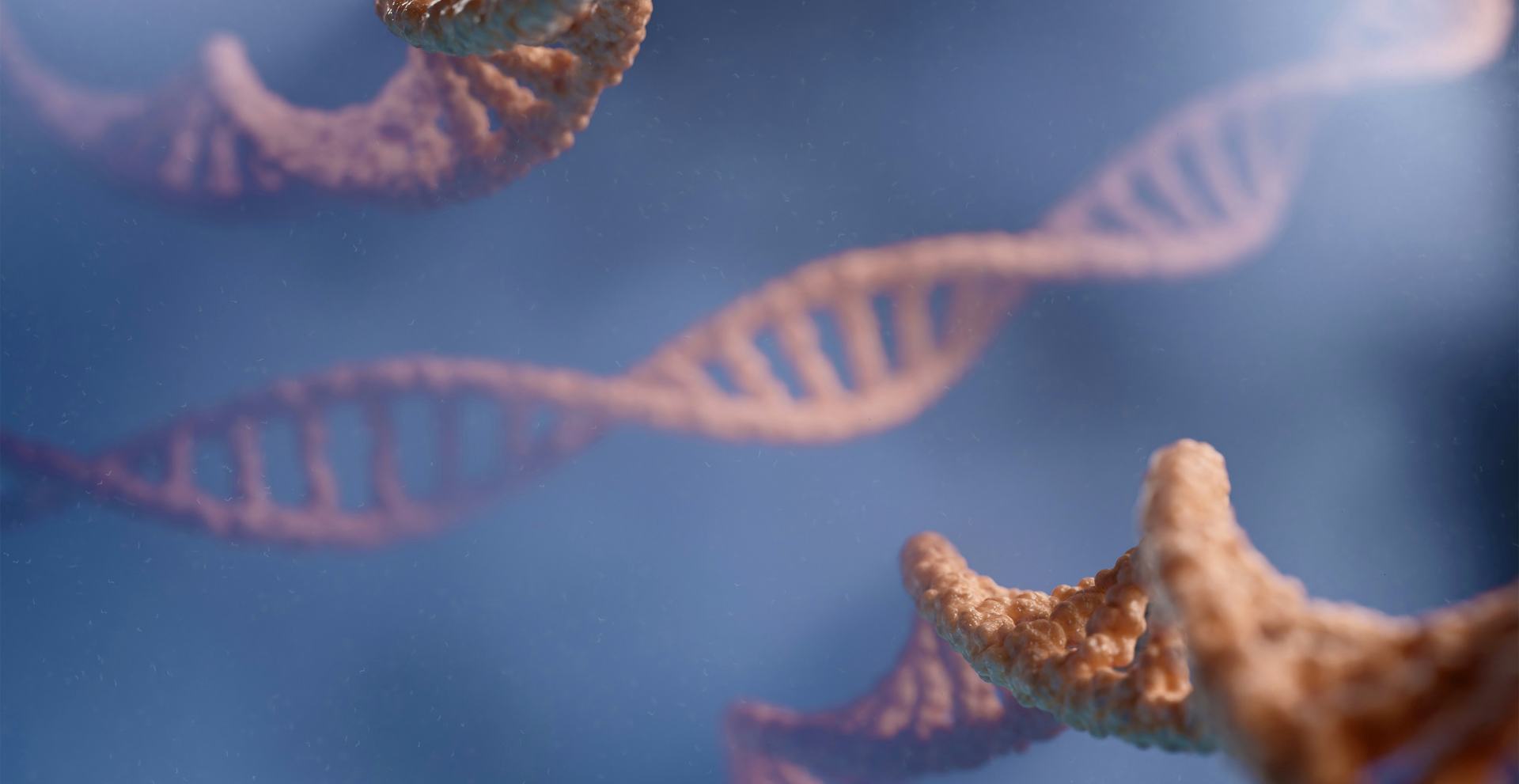4 Things to Know About Treatment-Resistant Depression
If you or someone you know is suffering from treatment-resistant depression (TRD) near
Friendswood or League City Texas, there is hope. Transcranial Magnetic Stimulation (TMS) therapy
is a simple and pain-free outpatient solution that can help alleviate the symptoms of TRD. Here are
four important things we now know about this innovative treatment:
1. TMS Therapy is Highly Effective for TRD
TMS therapy, also known as Transcranial Magnetic Stimulation therapy, has emerged as a highly
effective treatment option for individuals suffering from Treatment-Resistant Depression (TRD).
This innovative therapy has shown significant success rates in addressing the symptoms of TRD
and helping patients find relief from their depressive episodes.
Multiple studies have been conducted to evaluate the efficacy of TMS therapy in treating TRD, and
the results have been promising. These studies have demonstrated remission rates of up to 60%
with TMS therapy, making it one of the most effective non-invasive treatments available for
depression.
Featured Experts: Treatment-resistant depression affects about 30% of people diagnosed with
major depressive disorder. Source:
hopkinsmedicine.org
The success of TMS therapy lies in its ability to directly target and stimulate specific areas of the
brain that are responsible for mood regulation. During a TMS session, a coil is placed on the
patient's scalp, which generates a series of magnetic fields that penetrate the skull and reach the
targeted brain regions. These magnetic fields stimulate the neurons in the brain, promoting an
increase in the production of neurotransmitters like serotonin and dopamine, which play a crucial
role in mood maintenance.
Unlike traditional treatments for depression, such as medication or talk therapy, TMS therapy does
not involve any systemic side effects. This non-invasive procedure is well-tolerated by patients and
does not require any anesthesia. TMS therapy sessions are generally conducted on an outpatient
basis, allowing individuals to maintain their daily routines while receiving treatment.
Another advantage of TMS therapy is its relatively short duration. A typical TMS session lasts
around 20 to 30 minutes, and the treatment course usually involves multiple sessions over several
weeks. This time commitment is minimal compared to other treatment options and allows patients
to fit the therapy into their schedules conveniently.
It is important to note that TMS therapy is typically considered when other standard treatment
options for depression, such as medication or therapy, have not proven effective. The effectiveness
of TMS therapy in addressing TRD provides hope for individuals who have found little relief from
conventional treatments.
2. TMS Therapy is Non-Invasive and Well-Tolerated
TMS therapy is a non-invasive treatment for depression and other mental health conditions. It
doesn't require anesthesia or sedation, making it safe and convenient. Unlike surgical procedures
or implantable devices, TMS therapy doesn't involve penetrating the skin or incisions. This makes it
preferable for patients who can't or don't want invasive treatments.
Moreover, TMS therapy is well-tolerated by most patients. The treatment sessions are relatively
comfortable, and patients typically experience minimal discomfort during the procedure. Mild
sensations, such as tapping or tingling, may be felt on the scalp during the magnetic pulses, but
these sensations are generally well-tolerated and do not cause significant pain or distress.
Unlike medications, TMS therapy does not have systemic side effects, such as weight gain or
sexual dysfunction, since the treatment is localized to the targeted areas of the brain. This non-
invasive approach also minimizes the risk of complications and allows patients to resume their
daily activities immediately after each session without any recovery time.
Additionally, TMS therapy can be easily personalized to each patient's needs. The treatment
parameters, including the intensity and frequency of the magnetic pulses, can be adjusted by the
TMS technician or psychiatrist to optimize the effectiveness of the therapy for the specific
condition being treated.
3. TMS Therapy Offers Lasting Results
One of the key advantages of TMS therapy is its ability to deliver lasting effects. Unlike medications
that may require continuous use or psychotherapy sessions that need to be attended regularly,
TMS therapy provides patients with a sustainable solution. This means that individuals who
undergo TMS therapy often experience relief from their symptoms beyond the completion of the
treatment program.
Many patients with treatment-resistant depression have reported significant and long-term
alleviation of their symptoms after undergoing TMS therapy while others do require maintenance or
follow-up sessions. This includes a reduction in feelings of sadness, hopelessness, and anxiety, as
well as improved sleep patterns and increased motivation. By targeting specific regions of the brain
associated with depression, TMS therapy helps normalize brain activity, leading to a lasting
restoration of mood and overall mental well-being.
Over time, the repeated stimulation of these regions strengthens the neural pathways associated
with positive mood and mental health. As a result, the positive effects of TMS therapy become
more ingrained, contributing to long-lasting relief from TRD symptoms.
What about TMS vs. ECT?
ECT, although effective in treating severe depression, can have side effects such as memory loss
and cognitive impairment. In contrast, TMS therapy does not require anesthesia or sedation and
does not have the same cognitive risks associated with ECT.
The problem with ECT is that it requires general anesthesia along with multiple healthcare
providers to be involved. There is a risk of memory loss and the procedure may only provide short-
term benefits. Some patients don't like the fact that it requires an inducted seizure. These seizures
typically last 30-90 seconds.
Althought ECT may be slightly more effective than rTMS, ECT patients reported a higher percentage
of side effects and the TMS treatment scored better in terms of patient preference.
Source:
Dovepress (PDF)
TMS therapy is a treatment option for individuals with treatment-resistant depression that offers
long-lasting relief from depressed mood, anxiety, and other TRD symptoms. It is a non-invasive
treatment with minimal side effects, making it an appealing option for those seeking sustainable
solutions. TMS therapy can provide hope for individuals struggling with TRD, helping them regain
control of their lives and experience lasting improvements in their mental health.
4. TMS Therapy is Available Locally in Friendswood, Texas
If you are seeking a local psychiatrist or psychiatric help for Treatment-Resistant Depression (TRD),
there are Transcranial Magnetic Stimulation (TMS) therapy providers in Friendswood, Texas.
What can you do if I have treatment-resistant depression? (Source: my.clevelandclinic.org)
Aside from seeking professional, medical help for treatment-resistant depression (TRD), there are
some things you can do at home that may help improve your symptoms, including:
- Getting regular exercise.
- Getting quality sleep (not too little, not too much).
- Eating a healthy diet.
- Avoiding alcohol, which is a depressant, as well as nonmedical drugs.
- Spending time with people you care about.
Why are you still depressed after taking antidepressants? (Source: hopkinsmedicine.org)
Treating depression varies from person to person, and it can take several tries to find the approach
that works best for you. That said, Soule empathizes: “It can be very frustrating to have a growing
list of medications that haven't worked for treating your depression.”
There can be several reasons why your medication isn't helping. If you're already under the care of a
psychiatrist, it's always important to let them know if you're not responding to the medication and
3explore why it might not be working.
If you are considering TMS therapy, it is recommended to contact Friendswood Psychiatry and TMS
clinic to learn more about this treatment option and how it can help you. Our staff will provide a
thorough evaluation to determine if TMS therapy is suitable for your specific condition.
RECAP - Benefits of TMS Therapy
1. Non-invasive:
TMS therapy does not require surgery or anesthesia, making it a safe and well-tolerated treatment option.
2. No systemic side effects: Unlike medications, TMS therapy does not cause weight gain, sexual dysfunction, or other common side effects associated with antidepressant drugs.
3. Outpatient procedure: TMS therapy sessions can be conducted in a clinic setting, allowing patients to return to their normal daily activities immediately following treatment.
4. Targeted approach: The magnetic pulses are precisely targeted to the specific areas of the brain involved in mood regulation, minimizing the effects on other brain regions.
In Conclusion
TMS therapy is available at Friendswood Psychiatry and TMS Clinic for individuals seeking local psychiatric help for Treatment-Resistant Depression (TRD). By normalizing brain activity, TMS therapy can alleviate symptoms of depression when other treatments have not been successful. Contact Dr. Irene Pedraza at our local TMS clinic to learn more about TMS therapy and its benefits or call (713) 487-5481.

HELPFUL LINKS
SCHEDULE A CONSULTATION
It's important to know that you are not alone. You can get help with depression today!
WE SUPPORT MENTAL WELLNESS
- Depression
- Anxiety
- ADHD
- OCD
- Adjustment Disorders
- Life Transitions
- Autism Management
- Binge Eating Disorders
- Smoking Cessation







